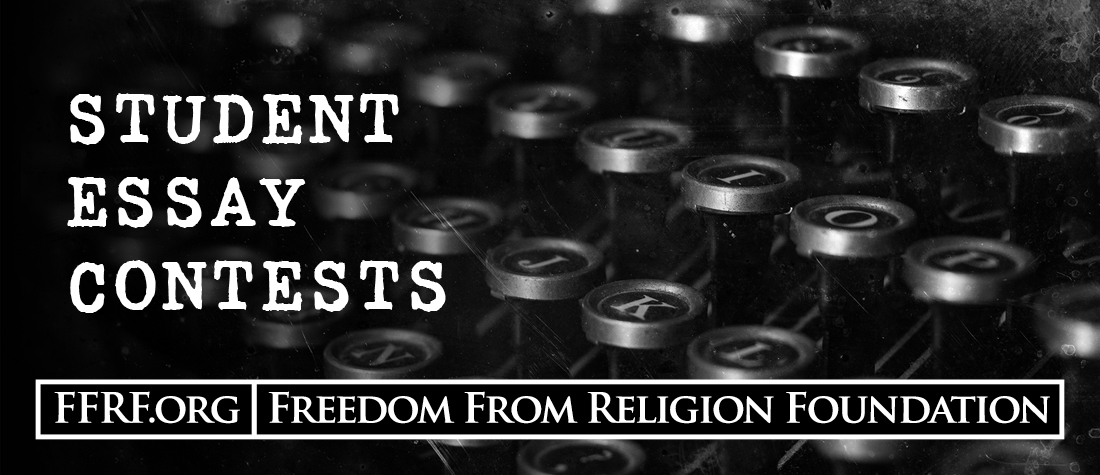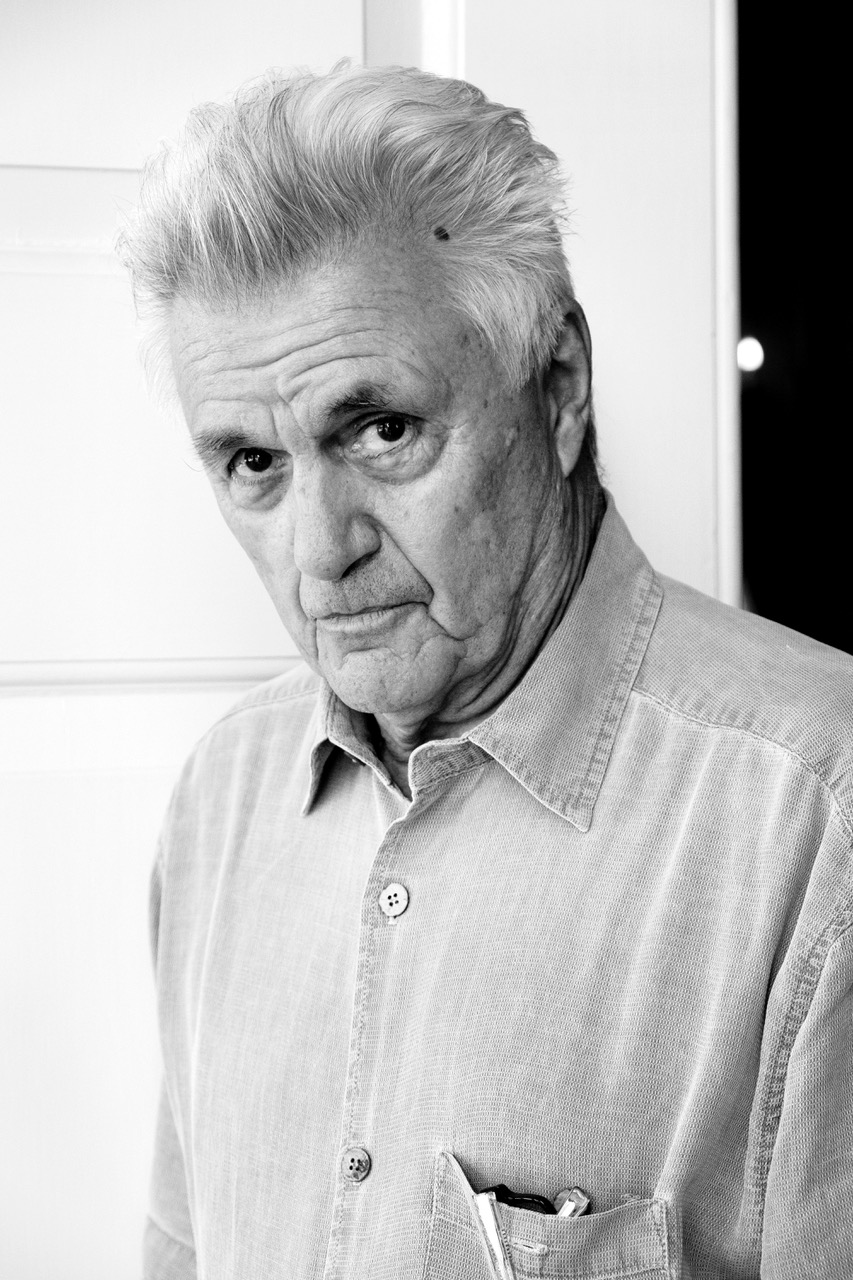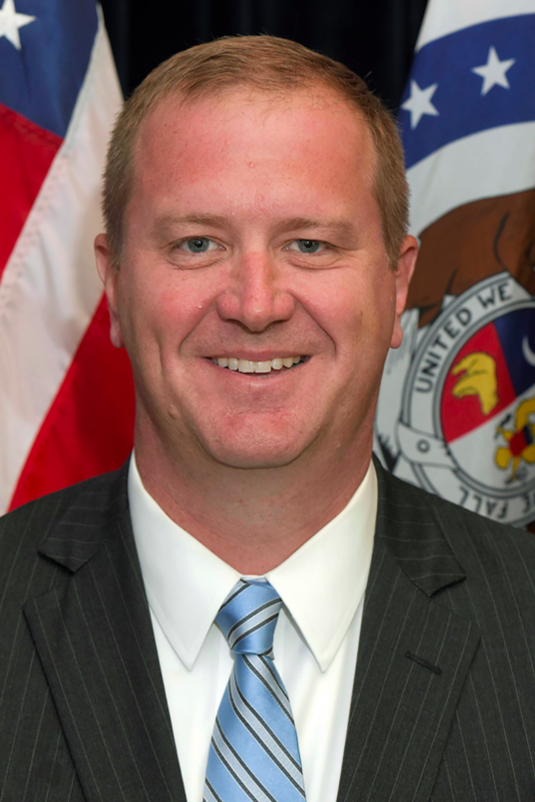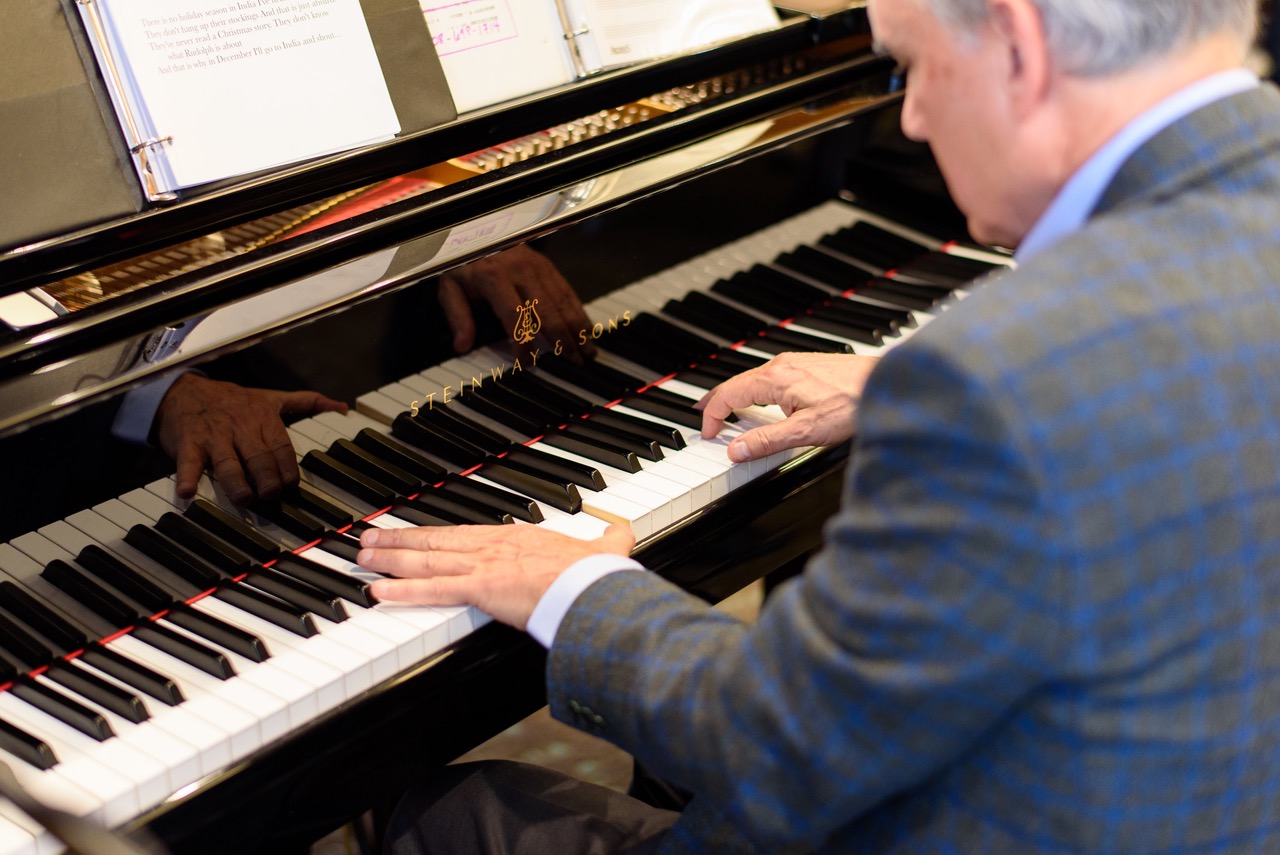Mobile Menu

Lauryn Seering
FFRF announces its student essay contests for 2020

The Freedom From Religion Foundation has announced its four 2020 essay competitions for freethinking students — offering more than $60,000 in total scholarships.
Each of the four contests has 10 prizes: First place — $3,500; second place — $3,000; third place — $2,500; fourth place — $2,000; fifth place — $1,500; sixth place — $1,000; seventh place — $750; eighth place — $500; ninth place — $400; and 10th place — $300. FFRF also offers optional honorable mentions of $200. To encourage student activism, Florida FFRF members Dean and Dorea Schramm are providing a $100 bonus to any winner who’s a secular student club member.
The contests cater to students in different age/class ranges:
William J. Schulz Memorial Essay Contest for College-Bound High School Seniors: High school seniors graduating this spring and attending college in the fall are asked to write about: “Why I’m an unabashed atheist/agnostic/choose your favorite appellation.” Write a persuasive, personal (“first person”) essay about why you reject religion and think others would be better off doing so too. You may wish to include experiences or challenges you have faced as a young freethinker. Word limit: 300-350 words. Deadline: June 1.
Michael Hakeem Memorial Essay Contest for Freethinking College Students: Currently enrolled college students (up to age 24) may write on: “The Necessity of Freethought — Why I Am Not Religious.” Although we are asking for a personal essay (written in “first person”) about why you reject religion, you may also wish to approach this from a philosophical or social science point of view. You may additionally include personal experiences or challenges you have faced as a young freethinker (atheist, agnostic).
Word limit: 450-650. Deadline: July 1.
The David Hudak Memorial Contest for College Students of Color, open to students of color ages 17-21 (college-bound high school seniors to currently enrolled college students), is on the topic of: “Living and Thriving Without Religion.” Write a personal issue (in the “first person”) about why you are not religious and its benefits. Please be sure to explain why you reject religion. You may wish to include challenges you have faced in being nonreligious. You may also wish to include recommendations on how the secular community can better engage people of color. This contest is offered to provide support and acknowledgment for freethinking students of color, as a minority within a minority. The other FFRF student contests are open to all students. Students may only enter one FFRF contest annually. Word limit: 400-600. Deadline: July 15.
Brian Bolton Essay Contest for Graduate/“Older” Students: Graduate students (through age 30) and “older” undergrads (ages 25-30) are asked to write on the topic: “Why God has no place in political debate; the growing dangers of Christian Nationalism.” In the context of this year’s presidential and congressional elections, make the case for keeping “God” and religion out of the political debates, and the dangers posed when public officials pander and mix religion with government. Word limit: 550-750. Deadline: Aug. 1.
(FFRF thanks Phil Zuckerman, author and professor of sociology and secular studies at Pitzer College, for suggesting the topics for the college and grad school competitions.)
Additional prompts on the topics and and contest rule requirements can be found at: ffrf.org/studentessay Students are required to submit their essay via the online application, and should carefully review all contest rules. All eligible entrants will receive a digital year-long student membership in FFRF.
FFRF is appreciative of FFRF members who make the effort to contact local high schools, colleges and universities to help publicize its competitions. (See “ads” on the back inside cover of the Freethought Today wrap that may be copied or cut out and sent to your local schools or student acquaintances.)
 The Freedom From Religion Foundation is delighted to announce that acclaimed author and Oscar-winner John Irving has agreed to speak at FFRF’s 43rd annual convention in San Antonio.
The Freedom From Religion Foundation is delighted to announce that acclaimed author and Oscar-winner John Irving has agreed to speak at FFRF’s 43rd annual convention in San Antonio.
Irving will receive FFRF’s Emperor Has No Clothes Award, for statements such as this remark in a New York Times op-ed in June 2019: “Freedom of religion in the United States also means freedom from religion.” He will be part of a speaker lineup that includes fellow authors Margaret Atwood and Gloria Steinem, among many others. Irving will speak after the convention banquet dinner on Saturday, Nov. 14, followed by a book-signing. For details on registering and making hotel room registrations, click here. To avoid disappointment, FFRF encourages you to firm up your plans now. The ballroom is limited to 900 attendees and is expected to sell out.
Irving has been nominated for a National Book Award three times — winning it in 1980 for his novel The World According to Garp. He received an O. Henry Award in 1981 for his short story “Interior Space.” In 2000, Irving won the Oscar for Best Adapted Screenplay for “The Cider House Rules.” In 2013, he won a Lambda Literary Award for his novel, In One Person. In 2018, the Dayton Literary Peace Prize honored Irving with the Richard C. Holbrooke Distinguished Achievement Award.
“There’s hardly a writer alive who can match his control of the omniscient point of view,” states The Washington Post.
“John Irving has achieved global fame due to his mastery of the writing craft,” says FFRF Co-President Annie Laurie Gaylor. “And he has always been a steadfast defender of women’s rights, that of sexual minorities and for keeping religion out of government.”
The Canadian novelist achieved critical and popular acclaim after the international success of Garp in 1978. Many of Irving’s novels, including The Cider House Rules (1985), A Prayer for Owen Meany (1989) and A Widow for One Year (1998), have been bestsellers. Irving has sold over 12 million books in 35 languages.
The World According to Garp, published in 1978, was Irving’s fourth novel and his first international bestseller. A movie adaptation of the novel was released in 1982 and earned two Academy Award nominations. “The World According to Garp was always a feminist novel, but in the passage of time I’ve become more of a feminist. Why? Because the inequalities and discrimination women faced in the start-up days of the women’s movement haven’t gone away,” Irving has said.
In 1999, The Cider House Rules, with an abortion rights theme, was made into a critically acclaimed film by director Lasse Hallström and won two Academy Awards: Best Adapted Screenplay for Irving and Best Supporting Actor for Michael Caine. The film also won the Maggie Award for Irving, named after Planned Parenthood founder Margaret Sanger, in recognition of exceptional achievement in support of reproductive rights.
Irving is currently at work on his 15th novel, a ghost story called Darkness as a Bride. He lives in Toronto.
Other renowned speakers at FFRF’s upcoming November convention include Katherine Stewart, who is speaking about her new book, The Power Worshippers: Inside the Dangerous Rise of Religious Nationalism. In 2014, she was named Person of the Year by Americans United for her coverage of religion, politics, policy and state/church conflicts. Also joining the lineup is Black Skeptics Los Angeles activist Sikivu Hutchinson, an educator, author, playwright and director whose books include Godless Americana: Race and Religious Rebels. Hutchinson will receive FFRF’s Freethought Heroine Award. Brian Bolton, who has endowed a new secular chair at the University of Texas-Austin, will be speaking about his forthcoming work, Why the Bible Is Not a Good Book. Other speakers and honorees will soon be announced.
The Freedom From Religion Foundation, a national nonprofit organization based in Madison, Wis., is the largest U.S. association of freethinkers, representing over 30,000 atheists, agnostics and other like-minded folks.

The Freedom From Religion Foundation today, Feb. 27, filed a federal lawsuit against Puerto Rico’s Education Secretary and a principal on behalf of a family subjected to forced prayers and bullying in a public primary school.
Since September 2019, in direct contradiction of well-established constitutional law, officials at the Luis M. Santiago School, a public school in Toa Baja, have reportedly organized, led and coerced students to participate in 50-minute prayer sessions on school property every other Monday during the school day. FFRF is representing two of these children and their mother at the U.S. District Court for the District of Puerto Rico along with Humanistas Seculares De Puerto Rico, a leading Puerto Rican secular humanist organization that the mother belongs to.
As far back as 1962, the U.S. Supreme Court has held that “the constitutional prohibition against laws respecting an establishment of religion must at least mean that in this country it is no part of the business of government to compose official prayers for any group of the American people,” FFRF points out.
The family brings this action under pseudonyms to protect the mother and her two minor children from social ostracism, retaliation and even physical harm. Eligio Hernandez Perez is being sued in his official capacity as the secretary of the Department of Education. Luz Ramos is the principal of the Luis M. Santiago School and is being sued in both her official and individual capacities, since the complaint alleges she developed the school prayer practice at issue.
According to the filed complaint, while dropping off her children at school on Sept. 3, 2019, the mother observed staff collecting all students in the school’s front yard in order to participate in a Christian prayer. The initial part of the prayer was conveyed by a schoolteacher with use of a microphone and speakers. Upon observing this prayer, the mother immediately confronted the first available school official, who was also taking part in the prayer, to protest and to request that her children be exempted from participating.
A school official informed the mother that participation in the school-led prayer was mandatory for all students. The mother subsequently requested an urgent meeting with the school principal, but this still hasn’t taken place. The mother next discussed the school prayer incident with her child’s homeroom teacher and the school social worker, who suggested that the mother could request that her children be exempted from participation in future prayers. However, the teacher subsequently informed the mother that if her children, both excellent students, did not participate in the prayers, marks would be made in their student records indicating that they had cut class.
Since last September, staff-led prayers have taken place regularly at the school on alternating Mondays, starting at approximately 9 a.m. and lasting for approximately 50 minutes. Every prayer delivered during these school prayer sessions has been a Christian prayer. In an effort to avoid these prayers, the mother has held her children out of school. Teachers for both the students have threatened to punish the children for unexcused absences or for being tardy as a result of the mother’s efforts to avoid the school-led prayers.
Moreover, Doe 2’s teacher publicly outed the family as non-Christian to the father of one of Doe 2’s classmates, whose son told Doe 2 that, “If you believe in God, you go to Heaven, if you don’t believe in God, like your mother, you will go to Hell.”
The plaintiffs are seeking an injunction prohibiting the defendants from continuing to coerce student participation in school-led prayer, as well as a declaration that the defendants’ conduct violates the Establishment Clause of the First Amendment and the free exercise rights of the individual plaintiffs.
“We look forward to ending these egregious practices and upholding the right of this American family to a public education free from religious indoctrination and divisiveness,” says FFRF Co-President Annie Laurie Gaylor.
FFRF Attorneys Samuel Grover and Madeline Ziegler are representing the Freedom From Religion Foundation, while local counsel Carlos A. Cintron Garcia is representing the Humanistas Seculares De Puerto Rico. The case number is: 3:20-cv-01111
Mo. school district follows FFRF’s wise counsel — not AG’s bad advice
 The Freedom From Religion Foundation has scored a constitutional touchdown against the Missouri attorney general after a school district ignored his advice about football team prayers.
The Freedom From Religion Foundation has scored a constitutional touchdown against the Missouri attorney general after a school district ignored his advice about football team prayers.
FFRF had sent a letter last October to Cameron R-1 School District Superintendent Matt Robinson about Cameron High School’s head football coach, Jeff Wallace, and assistant coach, David Stucky, holding religious “chapel” services for players before and after football games. The coaches prayed with players and read and discuss bible verses.
In reaction to FFRF’s complaint, Attorney General Eric Schmitt dispatched a missive to the district urging it to disregard FFRF’s concerns and mischaracterizing FFRF’s arguments, even advising the district that the coach’s actions are lawful. FFRF quickly corrected the record.
“Perhaps you were misinformed about the facts of the case,” FFRF Staff Attorney Chris Line wrote to Schmitt. “If not, your letter shows either a disturbing ignorance of the U.S. Constitution or a deliberate attempt to subvert the protections it contains.”
FFRF urged Cameron R-1 School District to take immediate action to stop school-sponsored prayers or religious worship occurring within the district’s athletic programs. The school district recently sent FFRF a note indicating that it is heeding FFRF’s counsel.
“Employees of the district were reminded of the district’s board policy regarding prayer at school or at school-sponsored events and were also instructed not to lead students in prayer, initiate a prayer with students or cause a student to initiate prayer,” stated Robinson. “This matter has therefore been resolved.”
FFRF is gratified that the school district decided to ignore the Missouri attorney general’s misbegotten intervention and instead chose to uphold the Constitution.
“Even a school district can figure out when an AG is pandering to the Religious Right, and not abiding by the Constitution,” says FFRF Co-President Annie Laurie Gaylor. “We admire the district’s constitutional steadfastness.”
The Freedom From Religion Foundation is a national nonprofit organization with more than 30,000 members across the country, including over 400 in Missouri. FFRF’s purposes are to protect the constitutional principle of separation between church and state, and to educate the public on matters relating to nontheism.

The Freedom From Religion Foundation is spotlighting freethought in the Great American Songbook on “Freethought Matters” the next two weeks.
In part one of the two-part musical this Sunday, FFRF Co-President Dan Barker plays selections from freethinking composers such as Stephen Foster, Scott Joplin, Jerome Kern, Irving Berlin and George & Ira Gershwin. Barker, an accomplished jazz pianist, recorded the show on the Diane Uhl Steinway Piano at FFRF’s headquarters in Freethought Hall in Madison, Wis.
“The public is not aware that so many legendary composers were nonbelievers,” says Barker. “It’s given me special pleasure to share their irreverent views and play their compositions.”
As an antidote to religion on the airwaves and Sunday morning sermonizing, the half-hour show airs Sunday mornings in 11 cities and Sunday evening in FFRF’s hometown of Madison, Wis. And this week’s show is already available on FFRF’s YouTube channel. (Look for the Freethought Matters playlist to watch previous shows.)
The first guest in the new season was U.S. Rep. Jared Huffman, founder of the Congressional Freethought Caucus. Huffman’s appearance on the show made media waves due to his remarks about his colleague Rep. Liz Cheney’s dogmatic stance on the religious oath. World-renowned philosopher Daniel Dennett, acting legend Ed Asner and U.S. Reps. Jamie Raskin and Mark Pocan have recently appeared on the show.
The cities where “Freethought Matters” broadcasts, along with the channels and timings, are listed below:
- Chicago, WPWR-CW (Ch. 50), Sundays at 9 a.m.
- Denver, KWGN-CW (Ch. 2), Sundays at 7 a.m.
- Houston, KUBE-IND (Ch. 57), Sundays at 9 a.m.
- Los Angeles, KCOP-MY (Ch. 13), Sundays at 8:30 a.m.
- Madison, Wis., WISC-TV (Ch. 3), Sundays at 11 p.m.
- Minneapolis, KSTC-IND (Ch. 45), Sundays at 9:30 a.m.
- New York City, WPIX-IND (Ch. 11), Sundays at 8:30 a.m.
- Phoenix, KASW-CW (Ch. 61, or 6 or 1006 for HD), Sundays at 8:30 a.m.
- Portland, Ore., KRCW-CW (Ch. 32), Sundays at 9 a.m. Comcast channel 703 for High Def, or Channel 3.
- Sacramento, KQCA-MY (Ch. 58), Sundays at 8:30 a.m.
- Seattle, KONG-IND (Ch. 16 or Ch. 106 on Comcast). Sundays at 8 a.m.
- Washington, D.C., WDCW-CW (Ch. 50), Sundays at 8 a.m.
FFRF Co-Presidents Annie Laurie Gaylor and her husband, Dan Barker, a former evangelical minister and well-known atheist author, are creators and co-hosts of the show.
The Freedom From Religion Foundation is the nation’s largest association of freethinkers (atheists and agnostics), with more than 30,000 members nationwide. FFRF also works as a watchdog guarding the constitutional separation between religion and government.
The show is produced in the Stephen Uhl Friendly Atheist Studio at Freethought Hall in Madison, Wis., by FFRF’s videographer Bruce Johnson, a public television veteran. Crew includes staff members Bailey Nachreiner-Mackesey, Kristina Daleiden, Lauryn Seering and Chris Line, plus various floor managers, with sound production provided by Audio for the Arts.
Please tune in to “Freethought Matters” . . . because freethought matters.
P.S. Please tune in or record according to the times given above regardless of what is listed in your TV guide (it may be listed simply as “paid programming” or even be misidentified). To set up an automatic weekly recording, try taping manually by time or channel. And spread the word to freethinking friends, family or colleagues about a TV show, finally, that is dedicated to providing programming for freethinkers!
Florida county must pay $490K in legal fees (February 11, 2020)
Texas remedies violation at public high school (January 24, 2020)
Council replaces prayer with secular message (January 30, 2020)
Nevada district ceases prayer (February 10, 2020)
R. Laurence Moore — The intrusion of religion into public life
This is an edited version of the speech given by R. Laurence Moore at FFRF’s national convention in Madison, Wis., on Oct. 18, 2019. He and Isaac Kramnick shared the stage to talk about their book, Godless Citizens in a Godly Republic. (Kramnick’s speech is reprinted on pages 12-13.) Moore was introduced by FFRF Senior Counsel Patrick Elliott:
One of the classic works in our specialized field at FFRF of defending the Establishment Clause of the First Amendment is a book called The Godless Constitution: The Case Against Religious Correctness. It came out in 1997 and was co-written by our next speakers, the distinguished scholars Isaac Kramnick and R. Laurence Moore. Although The Godless Constitution is hard to obtain these days, the pair followed it up in 2018 with a new classic: Godless Citizens in a Godly Republic: Atheists in Public Life. And, by the way, the Freedom From Religion Foundation gets a wonderful shout-out in the chapter “The Atheist Awakening.”
R. Laurence Moore is the Howard A. Newman Professor of History and American Studies, Emeritus, at Cornell University, where he taught from 1972 until his retirement. He was born in Houston and was educated at Stanford, Rice and Yale. Moore has lived abroad with fellowships from the Rockefeller Foundation, from Lady Margaret Hall at the University of Oxford. He has also been a fellow of the Woodrow Wilson Center in Washington. He has taught and written in the field of American culture and intellectual history. Please join me in welcoming Larry Moore.
By R. Laurence Moore
I want to begin by taking back something that Isaac and I once wrote — the first lines of a book we published in 1996: The Godless Constitution. “Americans seem to fight about many silly things: whether a copy of the Ten Commandments can be posted in a city courthouse, whether a holiday display that puts an image of the baby Jesus next to a Frosty the Snowman violates the Constitution, whether grade-schoolers may stand for a moment in silent spiritual meditation before class begins. Common sense might suggest that these are harmless practices whose actual damage is to trivialize religion. Otherwise they threaten no one.”
We were trying to establish some priorities to highlight what was our main target — the intrusion of religion into American politics. But 20-plus years observing the behavior of leading American evangelicals has changed our minds. In fact, everything that privileges belief over nonbelief in our public culture matters. Every intrusion of religion into American public life works to create a culture where rhetoric that makes no sense passes for normal. That’s a position we take in Godless Citizens.
The number of people in this country who say they have no affiliation with any religion — who pollsters call the Nones — are as numerous as the number of conservative evangelicals — around 26 percent of the population. Yet, evangelicals make cowards out of politicians. Even the nonbelieving ones duck if asked about their religion. “Yes, God blesses this country,” they all chime in, regardless of party.
And that’s because polls clearly show that a declaration of nonbelief is a poor way to begin a political campaign. Around 50 percent of people in both political parties say they would not vote for a well-qualified candidate nominated by their party who didn’t believe in God. A woman, yes. An African-American, yes. A Muslim, yes. An atheist, no.
A belief that predated the founding of the United States, one championed by an early advocate of religious liberty, John Locke, held that anyone who would not take an oath before God could not be trusted. This outdated prejudice nonetheless has persisted into the 21st century. One of the things we try to do in our book is praise organizations like FFRF for doing something about it.
Early in the 1800s and continuing through the 19th century, small groups of urban freethinkers began a tradition of meeting on Jan. 29 to celebrate Thomas Paine’s birthday. Paine’s pamphlet, Common Sense, published early in 1776, did as much as any written document to spark the American Revolution. He was a lionized patriot for 10 years, but, when he died in 1809, his days as a popular hero were over. His reputation had plummeted. What happened?
He went to France, got behind a very different revolution that was stridently anti-clerical, and wrote The Age of Reason, the treatise that celebrated reason over the claims of the revealed religion laid down in the bible. Paine now used the same common sense that he had employed in 1776 to show the worthlessness of the crowned despots of Europe to unmask the tyranny of biblical scripture.
Paine believed in a designer god who gave human beings the reason necessary to understand creation, but he was a sort of absentee landlord god who didn’t demand worship or prayer or much attention at all. Not atheism — just militantly anti-Christian and the tenets of any revealed religion. Religious leaders, as soon as the book was published, equated Paine’s deism with atheism.
Their campaign to make Paine a “filthy little atheist” (Teddy Roosevelt’s phrase 100 years later) was long and determined and successful. Atheism became in the 19th century a blanket term for any sort of religious freethought. It was a term of opprobrium.
I’ll mention one 19th-century example to show how quickly this bias became rooted in our politics. Robert Ingersoll demonstrates how, in a short time, you can go from being a household name in the United States — and Ingersoll was during his lifetime — to a forgotten man, which he became almost instantly after his death. As a young man, he emerged as an extremely talented political aspirant who many thought was headed for high office.
When he died, a eulogy in the Washington Post in 1899, said, “With his splendid gifts of oratory, his magnetic manners, his genial humor . . . there was no position of honor to which he might have aspired with an almost certainly of success but for his agnosticism.”
Ingersoll developed his doubts about God at almost the same time he set out after the Civil War (served with distinction) to win a political office in Illinois. He could have done what many other politicians have done and doubtlessly still do, and followed the advice of his close friends, who told him to shut up and go to church. Instead, he publicly embraced the label “agnostic,” a word just coined by Thomas Henry Huxley, Darwin’s English champion, and began to publish articles attacking theistic faith in sarcastic terms that Paine would have relished. Paine was one of his heroes.
At first, the political fallout wasn’t clear. At the 1876 Republican convention, he was picked to nominate for the presidency the senior senator from Maine, James G. Blaine. In a fiery speech widely regarded as the best at the convention, he dubbed Blaine the “Plumed Knight” — still a useful detail for high school students taking an AP test in American history. Despite the speech, the nomination went to Rutherford B. Hayes and Ingersoll ended up campaigning for him. Hayes prevailed in a contested general election, and a grateful Hayes tried to make Ingersoll the American ambassador to Germany. The nomination went nowhere. This was from The New York Times: “The suggestion that a declared and boasting unbeliever should be chosen to represent a Christian country brought a storm of indignation.” The political consequences were now clear.
Ingersoll never thereafter ran for office, but he had a successful and controversial career as a lecturer, appearing in almost every state and filling the biggest auditoriums to attack Christianity, the bible and clerics. Public oratory was a form of entertainment and no one did it better than Ingersoll — humorous and good natured, but he did not mince words: “What is real blasphemy? It is to prevent the growth of the human mind, to pollute children’s minds with the dogma of eternal punishment, to excite the prejudice of ignorance and superstition.”
Ingersoll was basically a conservative who loved his country. Atheism has often in American history been equated with political radicalism, especially during the era of the Cold War, when the linkage commanded bipartisan political support. Ingersoll was a great orator who could make complex issues seem simple and clear. He had an abiding love of his wife and daughters who were often in his audience. A family man with family values. He might have become president and even a good one — except he didn’t believe in God and that fact disqualified him. At the end of his life, he didn’t record any regrets and went to his grave committed to Thomas Paine’s statement “that any system of religion that has anything in it that shocks the mind of a child cannot be true.”
Still, Ingersoll presented a clear lesson. If you want a high political office in the United States, don’t mix your work with an insistence that Christianity is a foolish set of superstitions that cripple the progress of reason and science. The political exclusion of nonbelievers continues to plague our politics and poison our public culture.
Textbooks of American history are filled with examples of how religion shaped our country. Puritans did what they did because they were religious. Slave religion proved an essential way for African-Americans in the antebellum South to define their humanity and free blacks in the North relied on black churches to build resistance to discrimination. That’s true and ought to be told.
But what we need to challenge is the habit of saying nothing about the importance of nonbelief to many people who also helped to build this country: Elizabeth Cady Stanton, Jane Addams, Thomas Edison, Albert Einstein, Andrew Carnegie, Alexander Graham Bell. Contributions noted, but not with any suggestion that their break from religion had anything to do with their creativity. It did.
Our book seeks to give nontheists a reason to be angry and not just shrug their shoulders when religious symbols exclude them. A cross erected on public land to memorialize war dead is not a case of inoffensive ceremonial deism, whatever the Supreme Court says.
Inspired by Ingersoll, the botanist Luther Burbank, when he was 77, wrote an article that declared “I Am an Infidel.” His decision to announce publicly views he had long held was prompted by the dismay he felt over the so-called Scopes-Darwin trial in 1925 that pitted the religious fundamentalist William Jennings Bryan against the agnostic lawyer Clarence Darrow. When John Scopes was convicted for illegally teaching evolution to the children of Dayton, Tenn., Burbank wrote in exasperation, “And to think of this great country in danger of being dominated by people ignorant enough to take a few ancient Babylonian legends as the canons of modern culture.” Burbank was ashamed that he had been afraid to speak out earlier. Speaking out is important.
In the Parc Montsouris in Paris, there is a full-size statute of Thomas Paine. There is no memorial to him of any kind in Washington. The Age of Reason kept him out of the pantheon of American heroes. There ought to be a statue because no one better represented the boldness, the rudeness if you like, of the American experiment than Paine. It should be inscribed with the words he penned in 1775 that were not controversial to our revolutionary forebears and should not be controversial now, “When we yield up the exclusive privilege of thinking, the last shadow of liberty quits the horizon.”